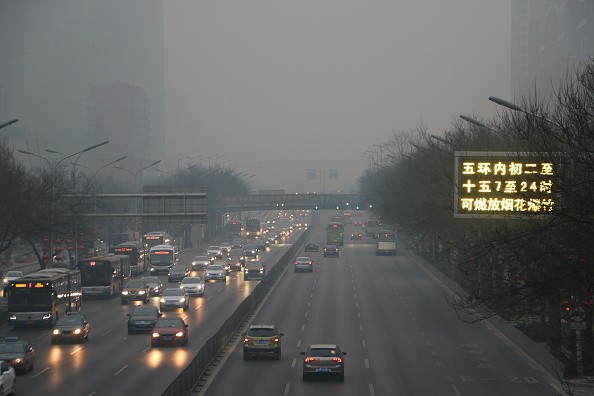China's Ministry of Environmental Protection (MEP) has proposed measures to intensify the country's war on smog, which is seen as some of the most drastic measures undertaken by the country to address air quality in heavily polluted cities.
According to the draft policy document seen by Reuters, the government is considering steps to compel steel and aluminum factories to further reduce their output, ban coal in a major port, and close down fertilizer and drug plants.
The draft outlined plans to reduce steel and fertilizer capacity by at least 50 percent and aluminum capacity by 30 percent in 28 cities across five regions, from late November to end of February.
Coal shipments to Tianjin, one of the country's busiest ports, will also be stopped by July, and will be diverted to Tangshan, where coal will be shifted from trucks to rail, according to the document.
Tianjin is the second largest port, in terms of cargo volume, and about 100 million tons of seaborne and domestic coals are traded in the port every year.
By September, trucks in the ports in Hebei Province will not be allowed to carry coal from railway to ships.
With the three-month cuts, it is estimated that China will be able to reduce its total annual steel output by 8 percent annually and aluminum output by 17 percent.
A source said that the draft of the proposed measure has been distributed by the ministry to local governments and companies for their reactions.
The ministry, however, did not say when the plan will be implemented but once introduced, it would likely support the increase in the prices of coal, steel, and aluminum.
Prolonging the efforts to reduce capacity may also increase demand for raw materials such as iron ore and coking coal, the report said.
The measures are also expected to sow confusion among traders and miners who may look for alternative routes and coal storage.
"I think these proposals are too radical. (The government) hasn't thoroughly considered the likely consequences and solutions to make it happen," said a coal trader based in China.
The five regions that will be affected most are Beijing, the port city of Tianjin and the provinces of Hebei, as well as Shandong, Shanxi and Henan.
According to the report, the region accounts for about one-third of crude steel output while Hebei, Henan and Shandong are the top three aluminium-producing regions, with around 70 percent of total output.
Pesticide and pharmaceutical factories as well as fertilizer plants will also be closed, unless the chemicals and drugs they use are needed for the population, the document said.



























